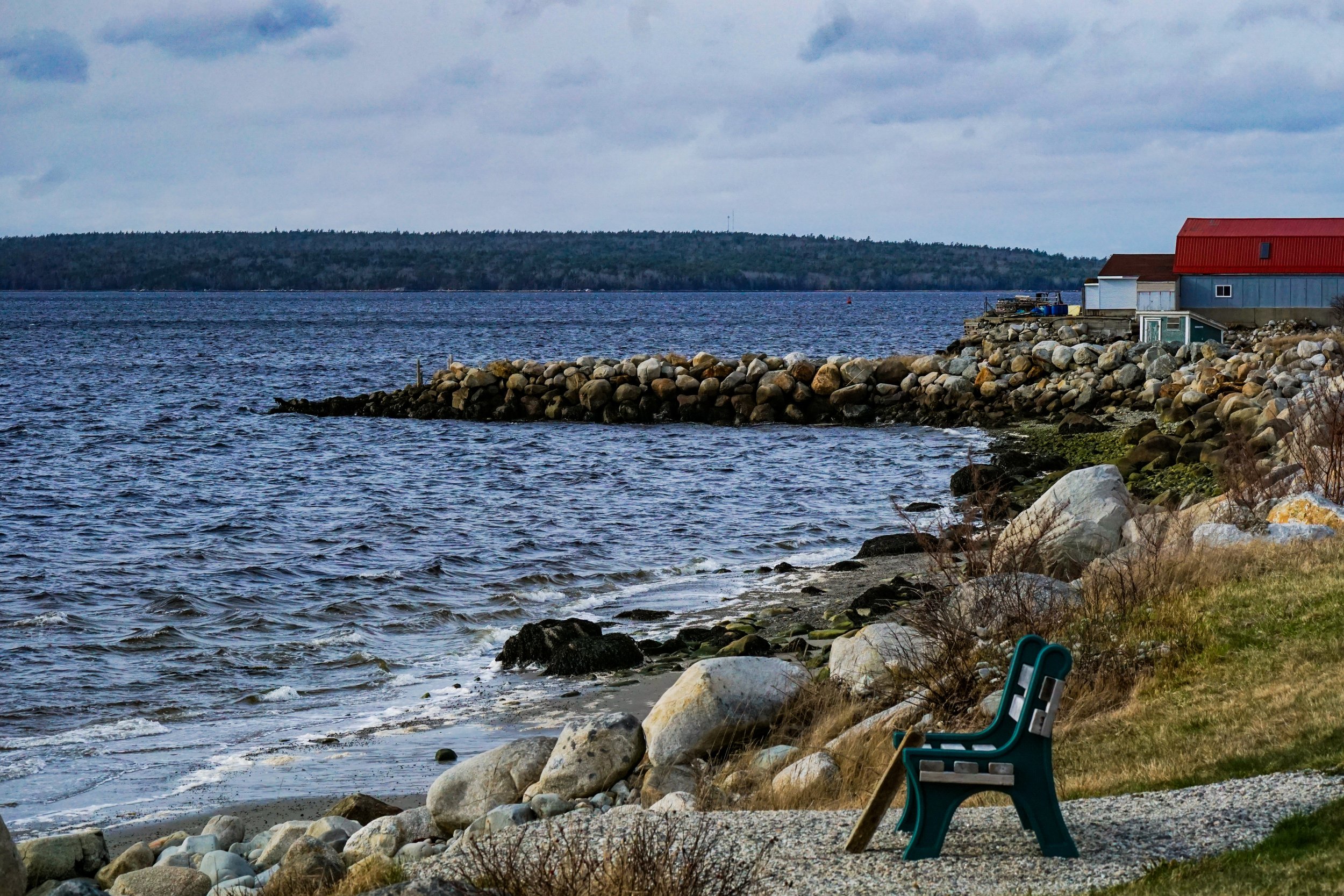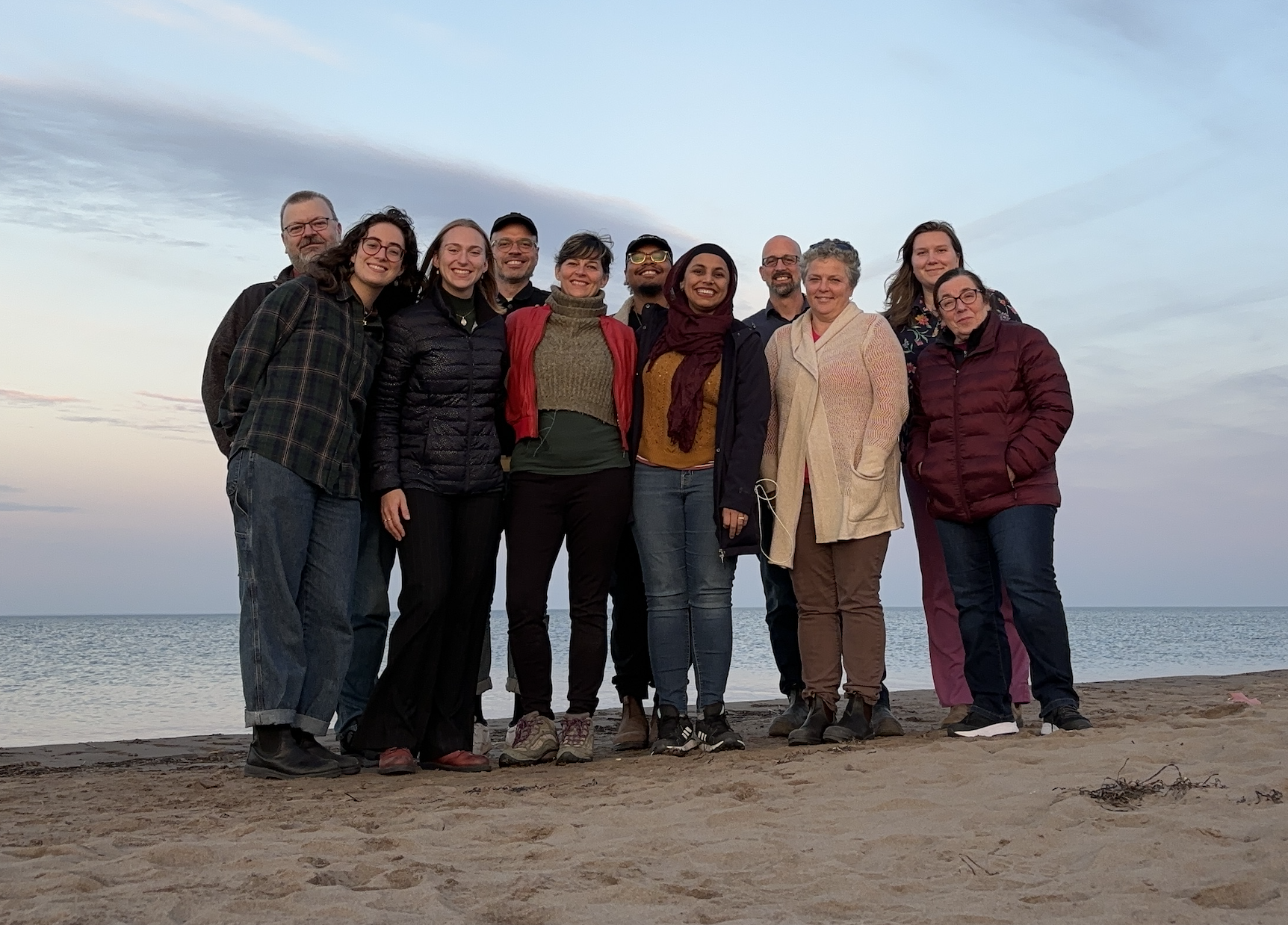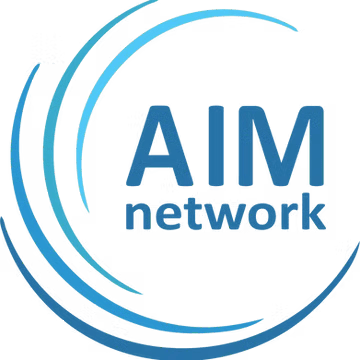
Coastal communities are facing a complex set of challenges - we’re teaming up to help them
Climate Resilient Coastal Communities Project
Coastal communities are facing a unique set of challenges which require a multidisciplinary approach to solve. Aging infrastructure, shoreline erosion, growing populations, sea-level rise, and increasingly stronger storms - our coastal communities are at the front lines of climate change and development impacts.
Traditionally, infrastructure and long term-planning projects have left marginalized community members out of the conversation, leading to a disconnect in how communities approach and prepare for climate impacts. This project was born out of a need to address these complex challenges from a multi-pronged, and multi-disciplinary perspective.
Who we are
This project is a joint effort between Atlantic Infrastructure Management (AIM) Network, Transition Bridges Project, Caprivian Strip Inc., Future Civics, Civonus, We6 Planning Group, TransCoastal Adaptations and the New Brunswick Environmental Network. In order to tackle the complex issues facing coastal communities, we need more voices and new perspectives at the table. We have teamed up with non-profit organizations, academic institutions and industry leaders to build effective, achievable, adaptation solutions that align with the pillars of the National Adaptation Strategy.
What we’re doing
The project is a combination of training, mapping, workshops, risk assessments, and financial recommendations that will be tailored to each municipality we are working with. These resources will put municipalities in the right position to build resiliency, and access Federal funding for much needed climate adaptation measures.
-
AIM’s GIS technicians will provide updated flood-maps based on the most up to date sea-level rise data.
-
Caprivian Strip and Future Civics are both organizations working to build ongoing relationships with community members who have historically been left out of the conversations and decision making process. Through engaging with marginalized community members directly to build trust and connections, they are working to engage with those that have not been given a voice in the past.
-
WE6 Planners will review current municipal planning documents and make recommendations based on updated floodmaps.
We6 will also create vulnerability profiles for the team to use, identifying equity seeking groups and vulnerable community members who are often left out of planning documents.
-
Transition Bridges Project will help guide municipal staff through governance workshops, outlining why climate plans often stall and how to overcome those hurdles.
-
Municipal staff and residents will be provided with Green Shores training Level 1 and 2. The training covers topics on natural measures which can be taken to mitigate shoreline erosion, flooding on your property, and improving shoreline health, beauty, and access! Green Shores provides a credits and ratings system to maximize benefits to you and your shoreline’s ecosystem using nature-based methods. Applicable for both lake- and ocean-front shorelines.
-
Led by AIM Network, the team will work with municipalities to collect data, assess risks like flooding and erosion, and map out the most vulnerable areas. A workshop will be held to review the results, and collectively decide on the best ways to reduce risks — from planning changes to natural or built solutions. Final maps will show the areas most at risk and how to protect them.
-
Through individual, online workshops with each municipality, AIM Network will build capital financing plans that identify proposed funding sources, debt and revenue requirements, and identify where novel funding approaches to attract private capital may be appropriate.
Participating Communities
Project Funded by:













